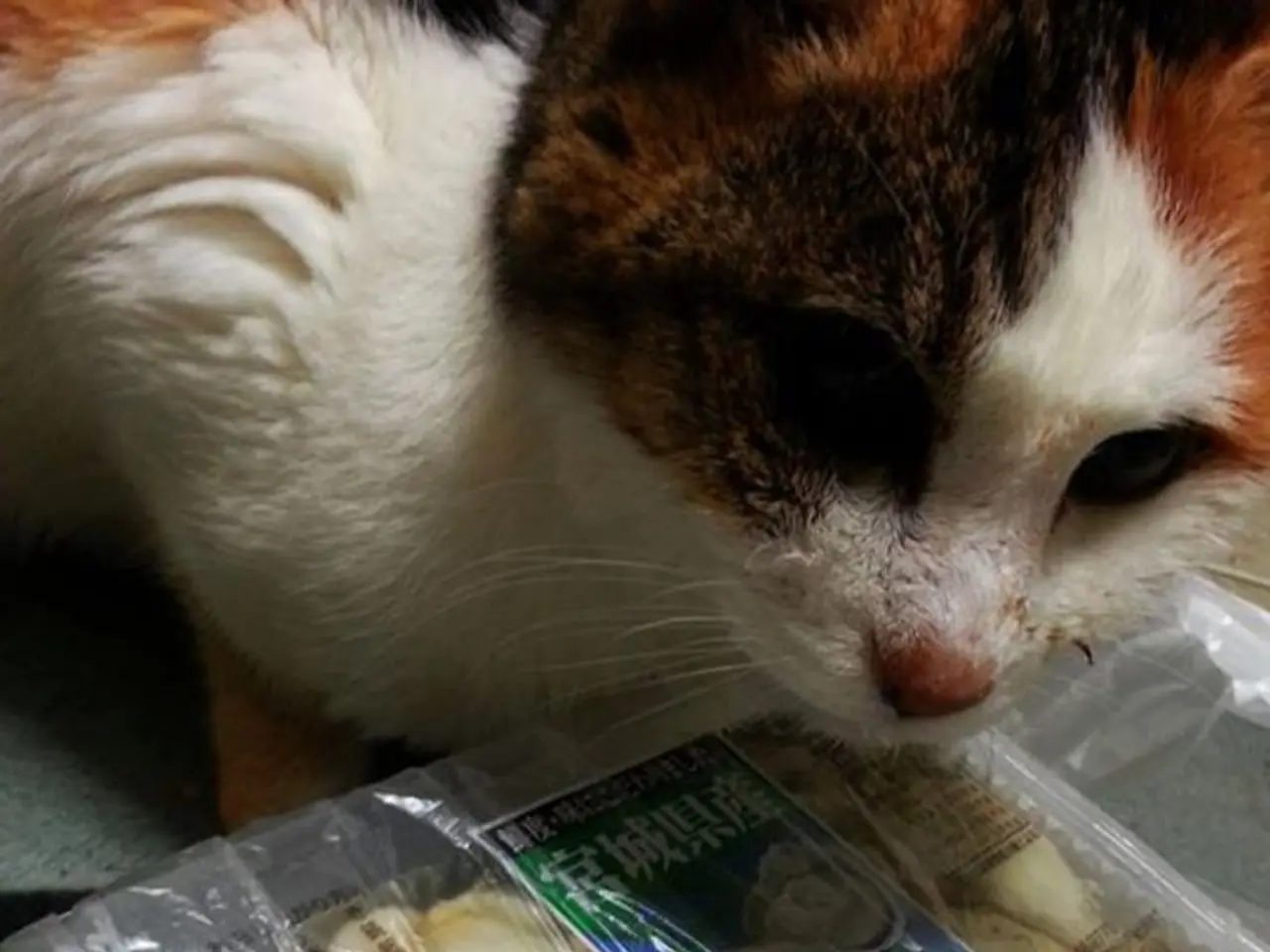Aalborg Zoo in Denmark rumored to feed pets to lions?
In the quaint town of Aalborg, Denmark, a local attraction has found itself at the centre of a global discussion. Aalborg Zoo, a sanctuary for a variety of species, has made an unusual request that has raised ethical concerns and sparked heated debates.
Contrary to common belief, Aalborg Zoo does not house African lions, but instead, only Asiatic lions. The zoo's collection includes other exotic animals such as Sumatran tigers, polar bears, and African wild dogs. Each of these predators requires a significant amount of meat, approximately 20 kilograms per week, to maintain their health and natural behaviour.
To meet this demand, the zoo has been appealing to the public for donations of small domestic animals that are part of their diet. This includes chickens, rabbits, guinea pigs, and even horses, though the latter is more of a rare occurrence. The zoo's director, Henrik Vester Skov Johansen, has been known to use the Danish expression "kattepine" to describe the tight spot they find themselves in, due to the scarcity of these donations.
However, it's not just any animal that the zoo is looking for. The animals must be healthy, and the horses, in particular, must not have been treated for disease within the last 30 days. The donation of horses requires the owner to have the correct paperwork, including a horse passport and personal registry number.
The zoo's unusual request has generated international interest, primarily due to the ethically provocative practice of asking the public to surrender their pets, such as rabbits and guinea pigs, to be humanely euthanized and used as prey for zoo predators. This practice has been met with widespread public and animal rights group outrage, including criticism from organizations like PETA. Many find the idea of feeding formerly domesticated pets to carnivores deeply disturbing and ethically controversial.
The zoo justifies this practice by emphasizing its commitment to replicating the animals’ natural food chain. By doing so, they aim to promote the welfare, natural behaviour, and nutrition of predators. The zoo assures the public that all donated animals are gently euthanized by trained staff so that “nothing goes to waste.”
The international interest and controversy arise because the practice highlights ethical tensions around the treatment of domestic animals as both companions and commodities. It challenges public expectations about pet surrender and the moral boundaries of animal use in captivity. It raises questions about the balance between animal welfare, conservation goals, and human emotional values toward pets. The zoo’s open public call for donations instead of rehoming is unusual among modern zoological practices.
As a result, Aalborg Zoo’s request resonates internationally as a focal point for debates on animal ethics, welfare, and the complex human-animal relationship in modern society. International media outlets, including BBC, The Guardian, and The New York Times, have reported on Aalborg Zoo's call for the public to donate small domestic animals for carnivore feed.
It's important to note that Aalborg Zoo does not accept pets as donations, but rather small livestock. The zoo's managers, such as Anette Sofie Warncke Nutzhorn, have clarified this point. The zoo's Facebook post invited people to donate small domestic animals that are part of the carnivores' diet, such as unproductive rabbits and guinea pigs, and hens that no longer lay eggs.
Despite the controversy, feeding carcasses to carnivores has benefits, according to the zoo. Rabbits are often donated due to their high fertility rate. The practice allows the zoo to provide a natural diet for their predators, promoting their health and wellbeing.
In conclusion, Aalborg Zoo's unusual request for donated small animals has sparked a global debate, highlighting the complexities of animal ethics, welfare, and the human-animal relationship in modern society. While the practice is ethically controversial for some, the zoo maintains that it is a necessary step in replicating the animals’ natural food chain and promoting their welfare.
[1] BBC News. (2021, March 1). Aalborg Zoo asks for donations of pets to feed carnivores. [online] Available at: https://www.bbc.com/news/world-europe-56213337
[2] The Guardian. (2021, March 1). Danish zoo asks for donations of pets to feed carnivores. [online] Available at: https://www.theguardian.com/world/2021/mar/01/danish-zoo-asks-for-donations-of-pets-to-feed-carnivores
[3] The New York Times. (2021, March 1). Aalborg Zoo Asks for Donations of Pets to Feed Carnivores. [online] Available at: https://www.nytimes.com/2021/03/01/world/europe/aalborg-zoo-pets-donations.html
[4] PETA. (2021, March 1). PETA Urges Danish Zoo to Stop Killing and Eating Donated Pets. [online] Available at: https://www.peta.org/media/news-releases/peta-urges-danish-zoo-stop-killing-and-eating-donated-pets/
- The unconventional request made by Aalborg Zoo for donations of small domestic animals has ignited a global conversation, with numerous news outlets such as BBC, The Guardian, and The New York Times reporting on the issue.
- Aalborg Zoo's call for the public to donate unproductive rabbits and guinea pigs, and hens that no longer lay eggs, has faced criticism from animal rights groups like PETA, who oppose the practice of feeding formerly domesticated pets to carnivores.
- The zoo defends its practice by emphasizing its commitment to replicating the animals’ natural food chain and promoting the welfare of predators, ensuring that all donated animals are humanely euthanized.
- The international controversy surrounding Aalborg Zoo's request serves as a platform for discussing ethical tensions around animal welfare, conservation goals, and the human-animal relationship, challenging public perceptions about pet surrender and the moral boundaries of animal use in captivity.




